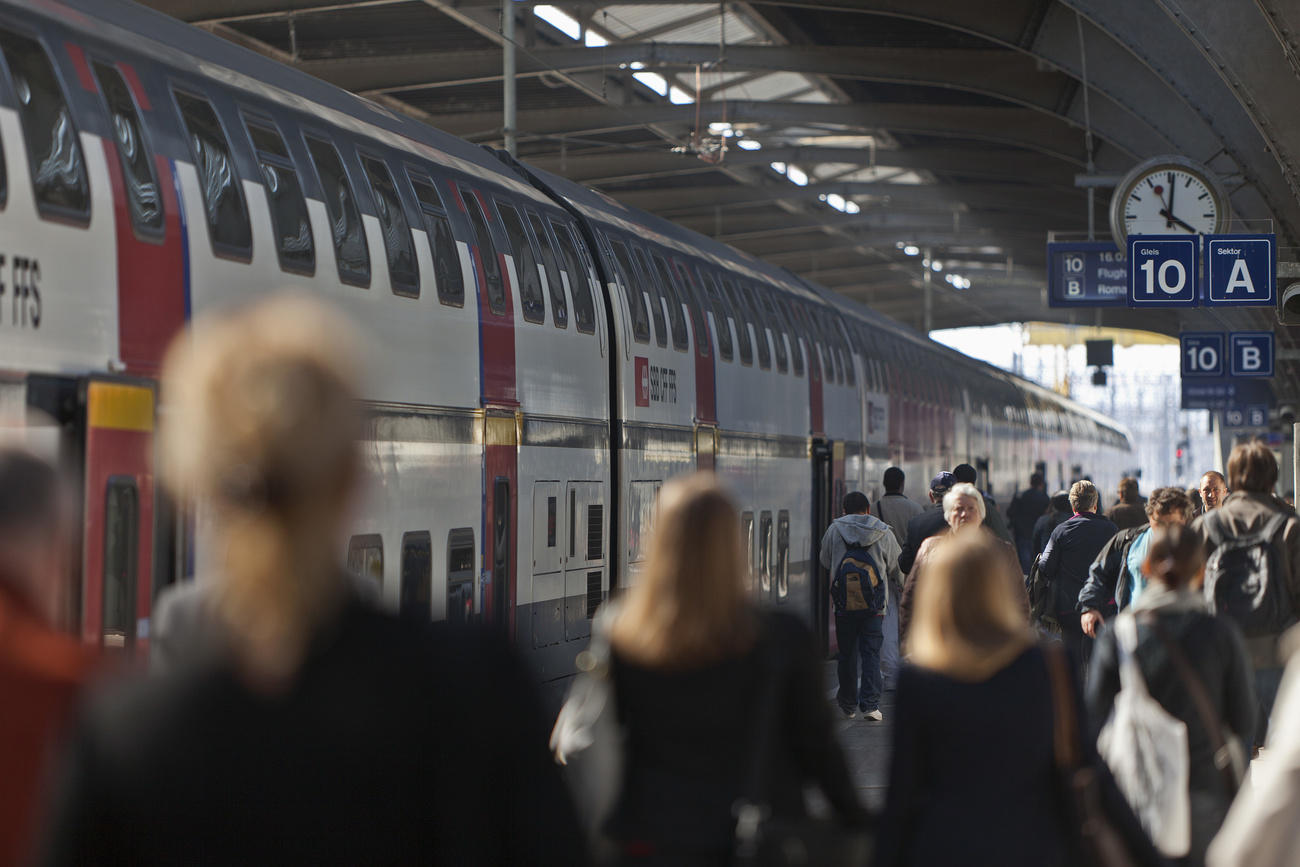
Swiss biosensor can detect airborne coronavirus

A sensor that can “see” and “feel” airborne viruses could help contain the spread of epidemics, say Swiss scientists who have developed a device that sends alerts when it detects high concentrations of Covid-19.
The biosensor uses receptors engraved with the “fingerprint” of specific strands of RNA (a single strand of genetic material as opposed to the DNA double strand), which are unique to each virus. The sensor only scores a match when it comes into contact with the virus it is looking for, and is precise enough that it can tell the difference between the 2003 SARS virus and the current novel coronavirus.
To back up this “visual” match, the sensor also tests the temperature of the virus strands as they hit the receptors. When the correct virus comes into contact, it results in a thermal reaction that can also be measured to confirm the initial findings of the sensor.
The device was developed by the Swiss Federal Laboratories for Materials Science and Technology (Empa) in collaboration with Zurich’s Federal Institute of Technology (ETHZ). The team was already working on a sensor to detect airborne viruses and bacteria. Now they have shown that it can be calibrated to reliably detect Covid-19.
The biosensor could be deployed in public spaces, such as hospitals or train stations, to detect high concentrations of specific viruses in the air. This could help the authorities to limit infections by keeping people away from such areas.
While it would be a complementary method to established lab tests, rather than a replacement, the designers of the biosensor say that their method offers improvements on existing means of detecting viruses. However, the device is not yet ready for use in public spaces.
“A number of developmental steps are still needed to do this – for example, a system that draws in the air, concentrates the aerosols in it and releases the RNA from the viruses,” reads a media statementExternal link.

More
Coronavirus: the situation in Switzerland

In compliance with the JTI standards
More: SWI swissinfo.ch certified by the Journalism Trust Initiative

























You can find an overview of ongoing debates with our journalists here . Please join us!
If you want to start a conversation about a topic raised in this article or want to report factual errors, email us at english@swissinfo.ch.